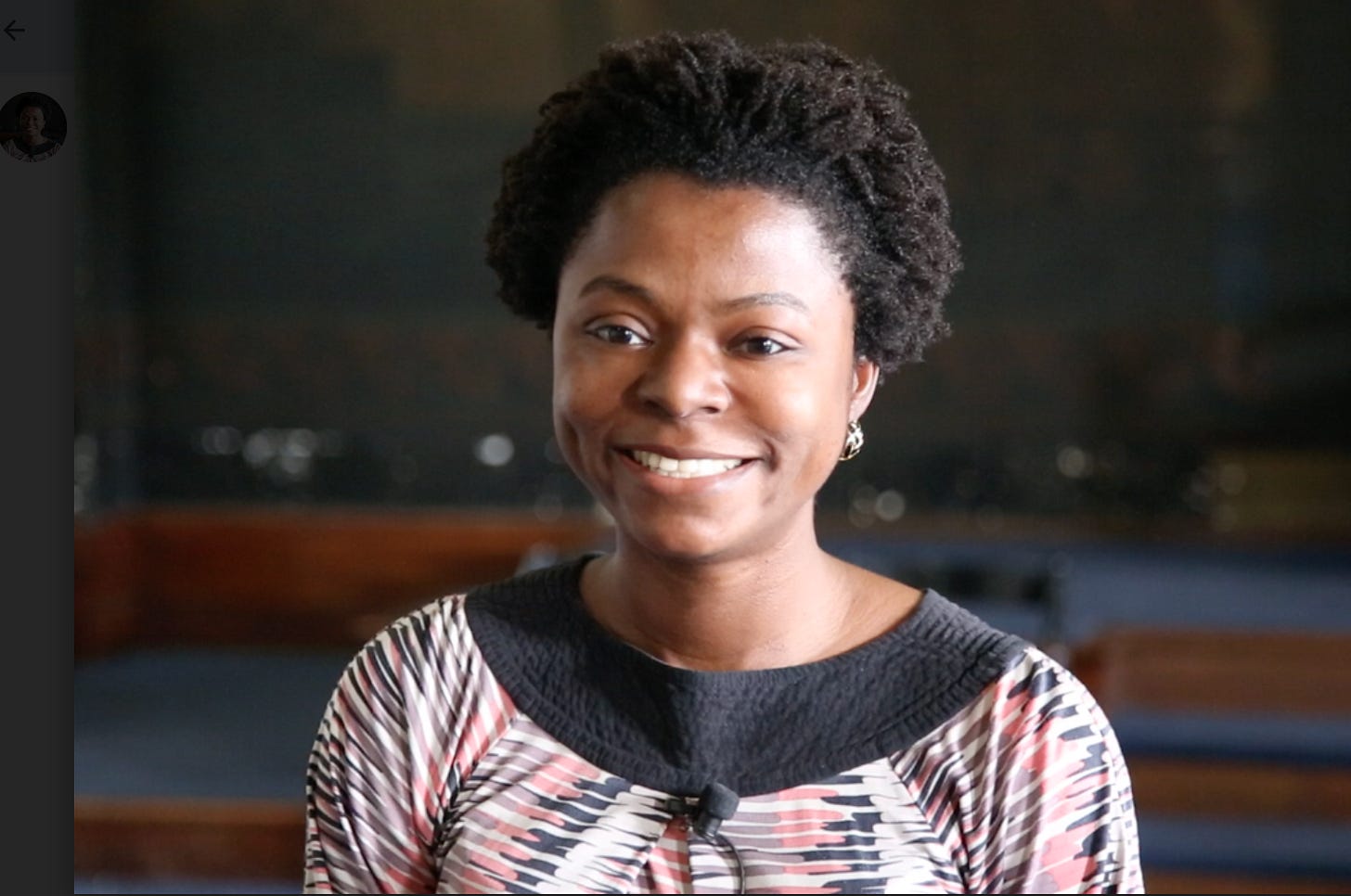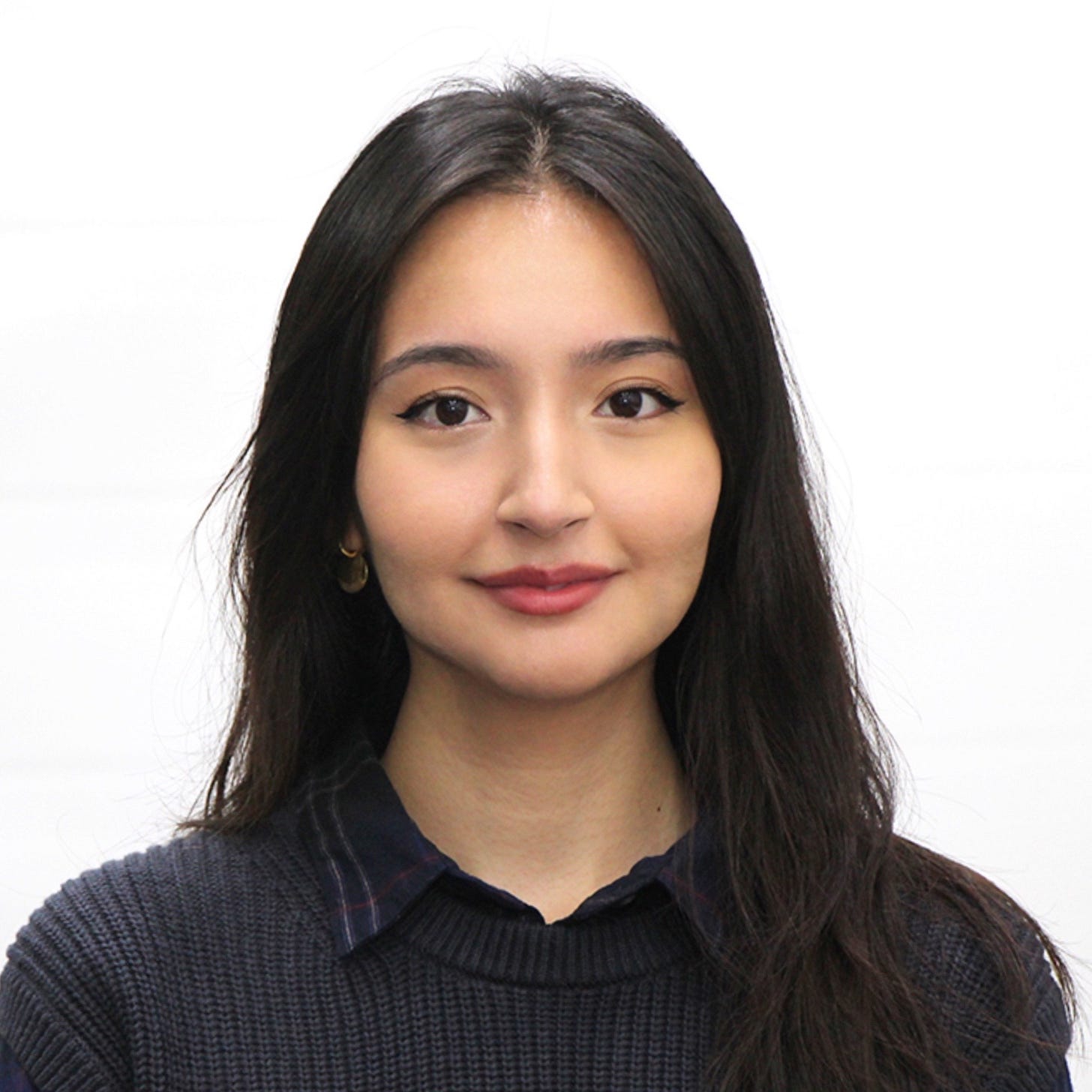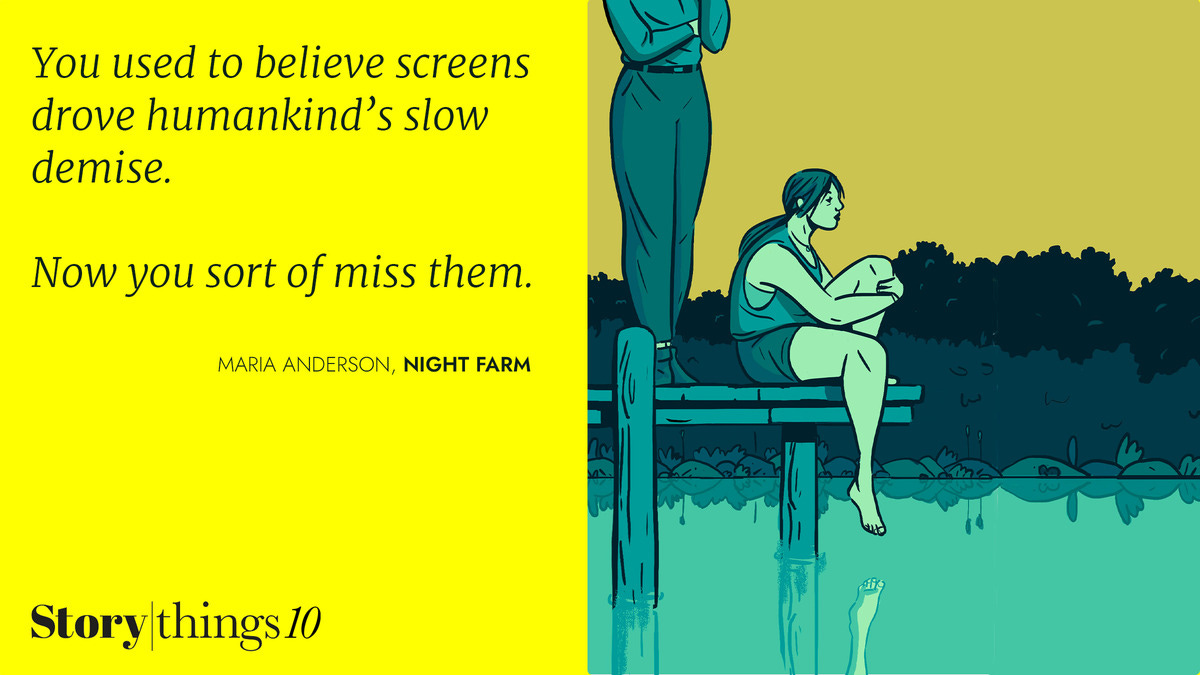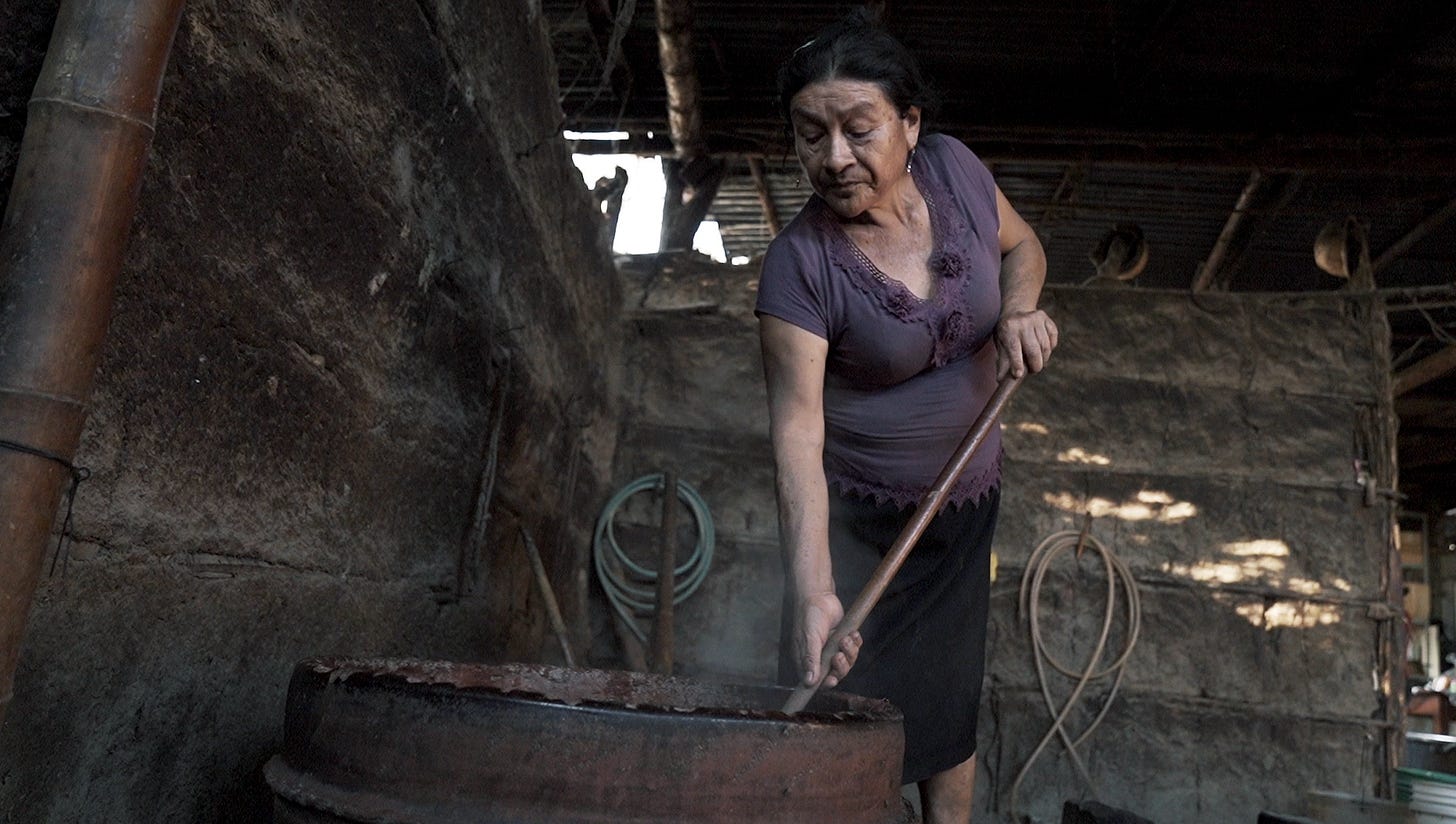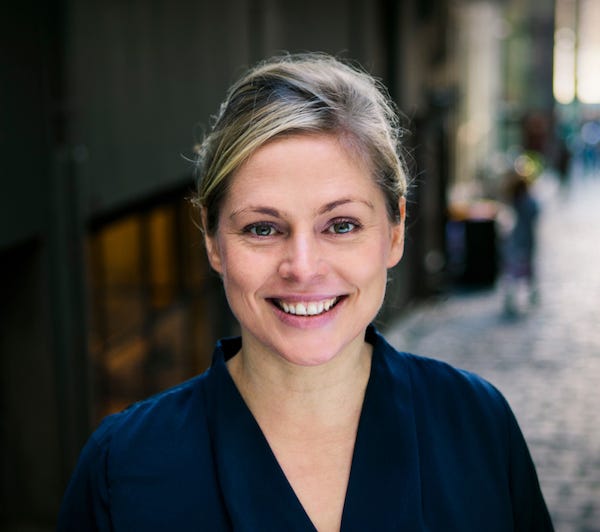Hello again.
I’m Anjali Ramachandran, a Director at Storythings. Welcome to this week’s The Other Valleys.

Links
A good investigative piece by WIRED: security flaws in Diksha, an app run by India’s Education Ministry that was used by millions during the pandemic, and exposed students’ and teachers data for over a year.
One for the researchers out there: Mardiya Saba Yahaya and Neema Iyer reflect on issues they faced conducting research with Muslim women human rights defenders in the Horn of Africa during Covid: “A not-so-surprising finding was how many of the activists avoided using social media because they believed it increased their threats which they could not address since they rarely had any digital creation skills. Others also worked in topologies and locations that had bad connectivity, expensive data, and with communities who were not usually online. Some activists also had to balance their offline safety, state and community threats because they worked at the intersection of gender and religion.” The report itself was published in May 2022.
In Ozy’s newsletter (yes, the infamous media brand now trying to get a new lease of life), a nostalgic look at Tiretta Bazaar, Kolkata’s Chinatown. As the piece informs us, “In 2022, the New York-based nonprofit World Monuments Fund (WMF) included Tiretta Bazaar among heritage locations and neighborhoods where it would support restoration and revival efforts” - I didn’t know this myself and learnt a lot about the area from reading it.
One of the more creative bits of work I’ve seen coming out of the World Economic Forum: “The Colour of Resilience is the first project in history to have teams of Refugee Teaching Artists painting canvas murals in four different refugee camps and displaced communities across four continents. The individual canvas murals were created in the Azraq Syrian Refugee Camp in Jordan, the Bidi Bidi South Sudanese Settlement in Uganda, Venezuelan refugee and internally displaced communities in Colombia and Rohingya Refugee Camps in Bangladesh.” Spend some time clicking through the murals and exploring the video content.
I remember featuring Thinkerbell Labs founder Sanskriti Dawle in the Other Valleys in 2016, so it was nice to read about the progress of Annie, their Braille device (Polly, the US variant, was named one of TIME’s best inventions of 2022), and how they’ve grown from India to the US - even getting on Shark Tank India in the process.
How a newspaper and a museum collaborated to create a project on the Dutch colonial past. A quick summary: “The project Ons Koloniale Verladen In Vijftig Voorwerpen [Our colonial past In fifty objects] was launched in July 2022, following a close collaboration with the Netherlands’ world famous Rijksmuseum, and in particular with Valika Smeulders, the museum’s head of history. Every week until next June, the newspaper is releasing an essay about an object, starting in the pre-colonial era and ending in the present day. Each week, the essay is printed both in the print edition of the paper and online; for now, the project is purely a print and visual product, but a book compiling the essays is expected to eventually be released.” Storythings loves formats - and this project has many of them. Also made me think of our podcast with the Science Museum in London last year, A Brief History of Stuff.
Read and go along for a trip in Karachi’s Pink People’s Bus Service, inaugurated last week 🚌🎀😊.
Douyin, the Chinese version and forerunner of TikTok, launched a supermarket business on January 28th in China, but stayed away from fresh produce and what they call the 3C’s (computers, communications and consumer electronics - apart from iPhones). This is noteworthy because they’re trying to compete with Amazon - seemingly impossible, but they have the youth audience captured fairly well. If you don’t try…
People never learn. Lyka, a social network in the Philippines that launched in 2021 by ‘paying’ users for posts (using their in-app currency), spiralled to popularity and then crashed, is looking to make a comeback after alienating the government (rightly so). It allegedly has 60 employees across Singapore, Mumbai and Hong Kong.
Jobs and opportunities
The Open Society University Network has opened applications for its Afghan Challenge Fund Initiative, which offers fellowships for newly arrived Afghans in the US, Canada and the United Kingdom whose research, teaching, and public work have placed them in critical danger and whose continued activity is valuable for the future of their country and society. Deadline: March 15th.
Suno India and Digital Identities have opened applications for a Virtual Media Fellowship, open to journalists reporting in English, Hindi and Telugu. Deadline: February 15th.
TANK Magazine is looking for a Managing Editor for a new independent project launch who is well versed in the contemporary literary and cultural landscape globally, with a focus on the politics and culture of the Global South. They can be based in London or remotely anywhere in the world. Deadline: February 9th (today).
The #VaccineDataCoLab was established to convene local & global multi-sector stakeholders to build a common vision on hyperlocal vaccine data for decision making. They have opened grant applications for Nigeria and Uganda. If you know of anyone working on solutions to help vaccine uptake in these countries, do share. Deadline: February 28th.
PLUG: Storythings has released the results of a research project on how people’s attention and media behaviours are changing since the advent of the pandemic. Available in full here from today. Also subscribe to the Attention Matters newsletter for an ongoing examination of audience behaviours.
3 Questions with…Ope Bukola
Ope Bukola is the CEO of Kibo School, a new online university that offers a BSc in computer science to learners in Nigeria, Ghana and Kenya. Previously, she led the Product team for Google Classroom, was a product manager at Amplify Education, and managed partnerships at CK-12 Foundation.
Kibo offers a brilliant Computer Science degree online - but tell us about the interdisciplinary aspect of it, as this is something that more and more people are going to need to be educated on and to my mind is a real differentiating factor in degrees nowadays. How do you see the Human Skills Matrix interfacing with technical skills to build the best technologists out there - why are they needed now more than ever?
We spent a lot of time thoroughly designing our degree program, both the technical curriculum and the core. To succeed in a global world, the so-called “soft skills” (I prefer the term “human skills”) are more critical than ever. Last weekend, I read an article that suggested that, in the age of UI, university students should “major in being human.” This is so on point! Strong technical skills alone no longer cut it. We need people who can ask the right questions, formulate strong problem statements, then generate original solutions. Remote work will continue to grow, and this is a huge opportunity for young people in Africa and other emerging markets. But, if they are to become world-class technologists, they must learn how to communicate and collaborate effectively across geographic and cultural boundaries.
Please give us a sense of how big the Kibo community currently is, and what you think the best thing about it is.
We have about 60 learners in Nigeria, Ghana, and Kenya in the bachelor’s degree program. But, our student community is much bigger. We offer free introductory programming courses and have about 1K learners in that community. Plus, we run a virtual math and logic competition, which attracted 80 African secondary schools and 200 students last year. These are just our students – we also have an activity community of professional volunteers who support our work. The best thing about the Kibo community is our commitment to doing hard things. One of our core values is “rise to the challenge,” and when I consider what it takes to succeed as an online learner in our under-resourced region, I am really inspired by how hard our learners, team, and supporters are working to bring this to life.
What book are you reading right now and why?
Walkable City by Jeff Speck. The main reason I’m reading it right now is because my hold arrived from the library. I read a lot and try to support our local library, so I often end up reading whichever hold comes next. But this book ended up on my list because I love cities. I split my time between New York and Lagos. I just got to Lagos a week ago. As much potential as the city has, its lack of walkability is a real deterrent to its being truly liveable. Africa is urbanizing rapidly, so another problem we will need to solve is how to build comfortable, safe, and affordable cities for everyone.
The title of this newsletter
…is from this story on China’s spy balloon news, and more importantly how platforms like Telegram are being used by the police to find protesters.
Endnote
That’s it for now. Send me notes, recommendations for people to interview for 3 Questions, links to feature: fill in this form, or leave me a comment on Substack. You can also find me on Twitter or LinkedIn. And do ask friends to subscribe or share this post, thank you!
Till next time,
Anjali

